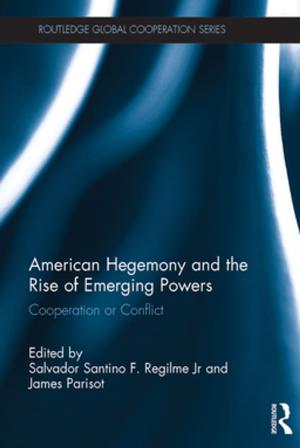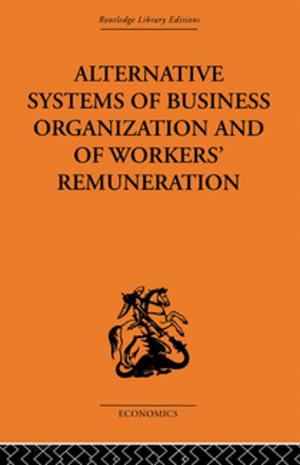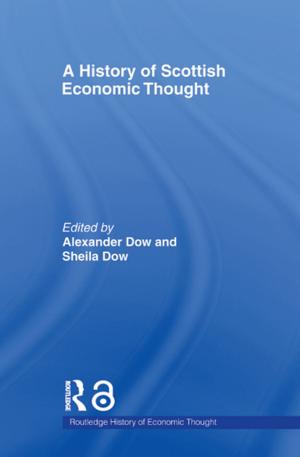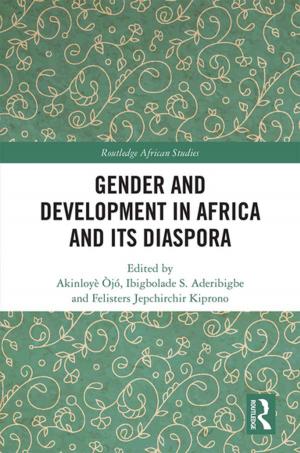From Empires to Imperialism
The State and the Rise of Bourgeois Civilisation
Nonfiction, Social & Cultural Studies, Political Science| Author: | Boris Kagarlitsky | ISBN: | 9781317668701 |
| Publisher: | Taylor and Francis | Publication: | June 27, 2014 |
| Imprint: | Routledge | Language: | English |
| Author: | Boris Kagarlitsky |
| ISBN: | 9781317668701 |
| Publisher: | Taylor and Francis |
| Publication: | June 27, 2014 |
| Imprint: | Routledge |
| Language: | English |
Translated from the original Russian, this book analyzes the economic development of leading European empires and the United States of America. The author exposes the myths of the spontaneous emergence of the market economy and the role of government as a disincentive towards private initiative, when for centuries the state power has been carrying out a "coercing to the market" with all its strength.
This book presents a somewhat epic depiction of the development of Western hegemonic powers within the capitalist world system, from the struggles of the late Middle Ages to the rise and crisis of the American Empire. It both develops and questions some of the traditional assumptions of the world-system theory, arguing that it was very much the political form of the state that shaped capitalism as we know it and that, though the existence of a hegemonic power results from the logic of the system, hegemony is often missing in reality.
A major work of historical Marxist theory, this book is essential reading for students of international political economy, globalisation and the crisis of capitalism. This book is also ideal for students of politics, history, economics and international relations.
Translated from the original Russian, this book analyzes the economic development of leading European empires and the United States of America. The author exposes the myths of the spontaneous emergence of the market economy and the role of government as a disincentive towards private initiative, when for centuries the state power has been carrying out a "coercing to the market" with all its strength.
This book presents a somewhat epic depiction of the development of Western hegemonic powers within the capitalist world system, from the struggles of the late Middle Ages to the rise and crisis of the American Empire. It both develops and questions some of the traditional assumptions of the world-system theory, arguing that it was very much the political form of the state that shaped capitalism as we know it and that, though the existence of a hegemonic power results from the logic of the system, hegemony is often missing in reality.
A major work of historical Marxist theory, this book is essential reading for students of international political economy, globalisation and the crisis of capitalism. This book is also ideal for students of politics, history, economics and international relations.















